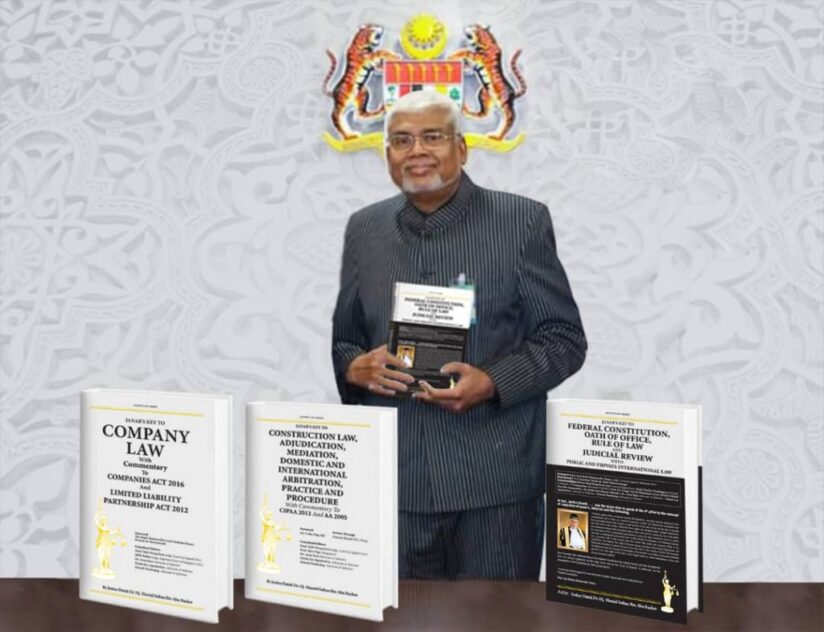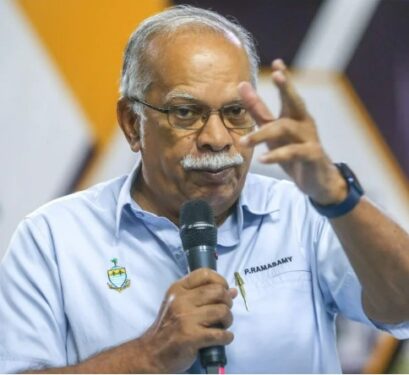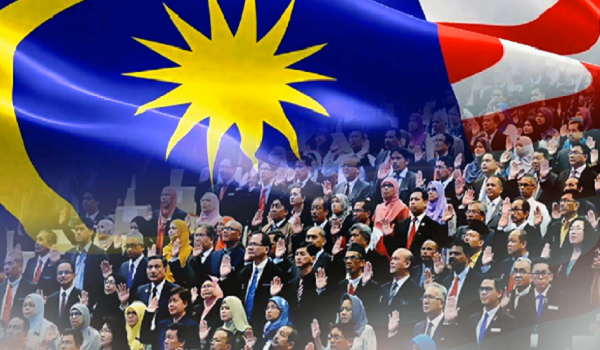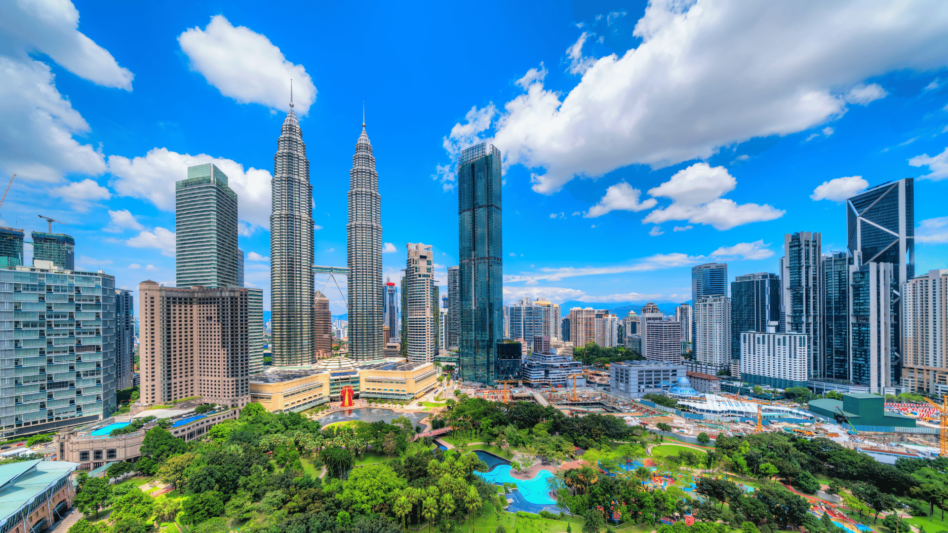I CERTAINLY agree with former judge Datuk Dr Hamid Sultan Abu Backer that a return to constitutional principles in the civil service should reflect the multi-racial composition of Malaysia’s population.
Currently, the civil service and other government agencies are predominantly composed of Malays, a trend that began with the New Economic Policy (NEP) in the early 1970s.
While some argue that increasing non-Malay representation could reduce corruption, this issue is not inherently tied to race or religion.
Nevertheless, Hamid’s broader point is valid as it highlights Malaysia’s systemic challenges where race and religion disproportionately shape public policies.
The Federal Constitution provides safeguards for the special rights of Malays, the status of Malay as the national language and the position of Malay rulers.

Glaring non-Malay participation
However, there is no justification for marginalising non-Malays in employment. What wrong have they committed to warrant such exclusion?
Early last year, while serving in the Penang state government, I raised the issue of recruiting more non-Malays into the civil service. To my surprise, the strongest opposition came not just from opposition parties but also from within the government.
Even Prime Minister Datuk Seri Anwar Ibrahim dismissed my statement as a personal opinion rather than the stance of the DAP leadership.
Subsequently, the DAP’s secretary-general hinted at possible disciplinary action against me whereby I was ultimately dropped as the party’s candidate for Perai in the 2023 state elections.
This silence from DAP leadership on the under-representation of non-Malays in the civil service suggests that some leaders prioritise political positions and perks over justice and fairness.
The civil service, judiciary and other government branches are overwhelmingly staffed by Malays.
Of the 1.5 million civil servants, over 90% are Malay. If this trend continues, non-Malays face near-total exclusion from the bureaucracy.

Eradicating corruption
Anwar who once championed reforms has since retreated from these promises. He knows that challenging Malay hegemony in the civil service could jeopardise his hold on power.
Yet, the issue of non-Malay recruitment is not just about reducing corruption; it is about upholding their constitutional right to fair treatment. The Federal Constitution does not justify the marginalisation of non-Malays in employment.
The current government lacks the political will to implement progressive changes, betraying the reforms it once promised.
In Penang, balanced employment policies led to increased non-Malay participation in government agencies without displacing Malays.
Meritocracy was not only accepted but embraced by many Malays. Extending this approach nationally could address historical imbalances.
If greater representation does reduce corruption as Hamid argues, it should be pursued. More importantly, it is a matter of constitutional justice and fairness.
The wisdom gained from past misdeeds – like the owl of Minerva taking flight at dusk – should guide the government toward righting these historical wrongs.
Malaysians deserve a government that leads them forward, not one that is led by entrenched biases. – Dec 10, 2024
Former DAP stalwart and Penang chief minister II Prof Ramasamy Palanisamy is chairman of the United Rights of Malaysian Party (Urimai) interim council.
The views expressed are solely of the author and do not necessarily reflect those of Focus Malaysia.
Main image credit: Berita RTM









